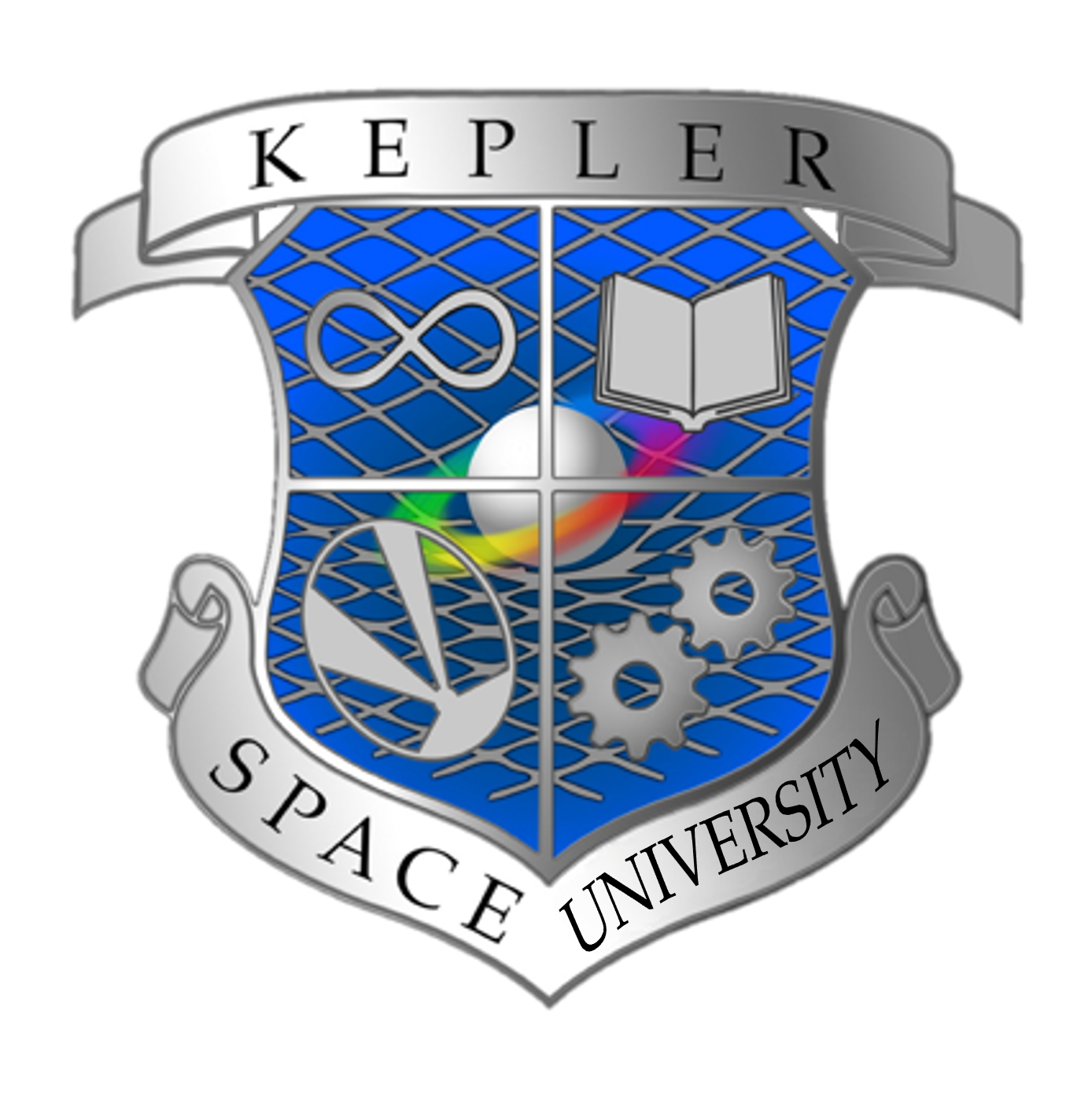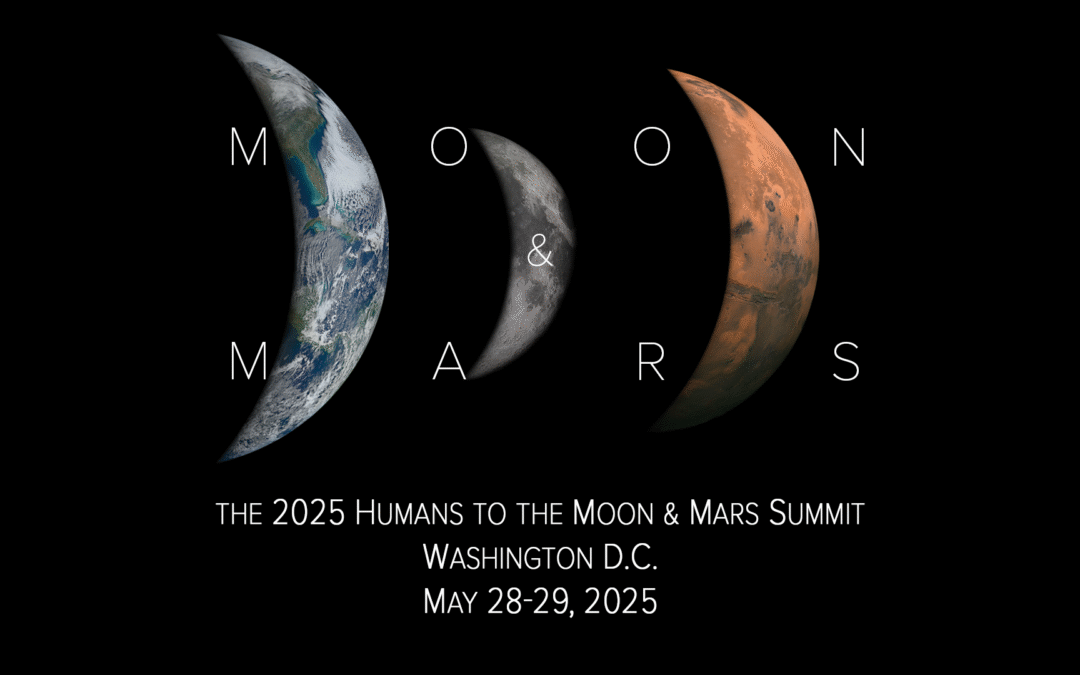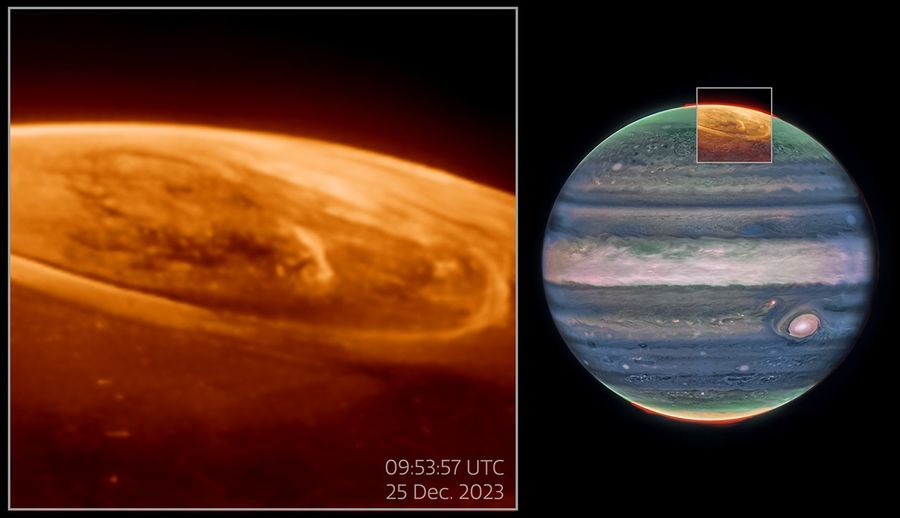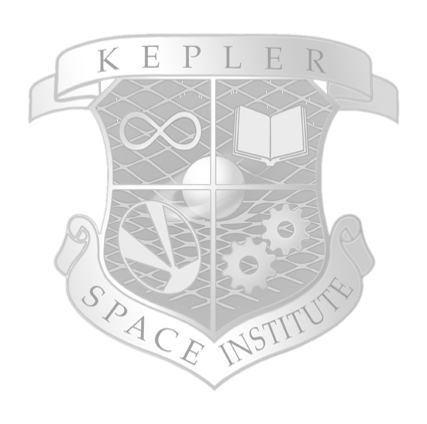Graduate Certificate – Space Architectural Technology
Home > Graduate Admissions > Space Programs > Graduate Certificates > Space Architectural Technology
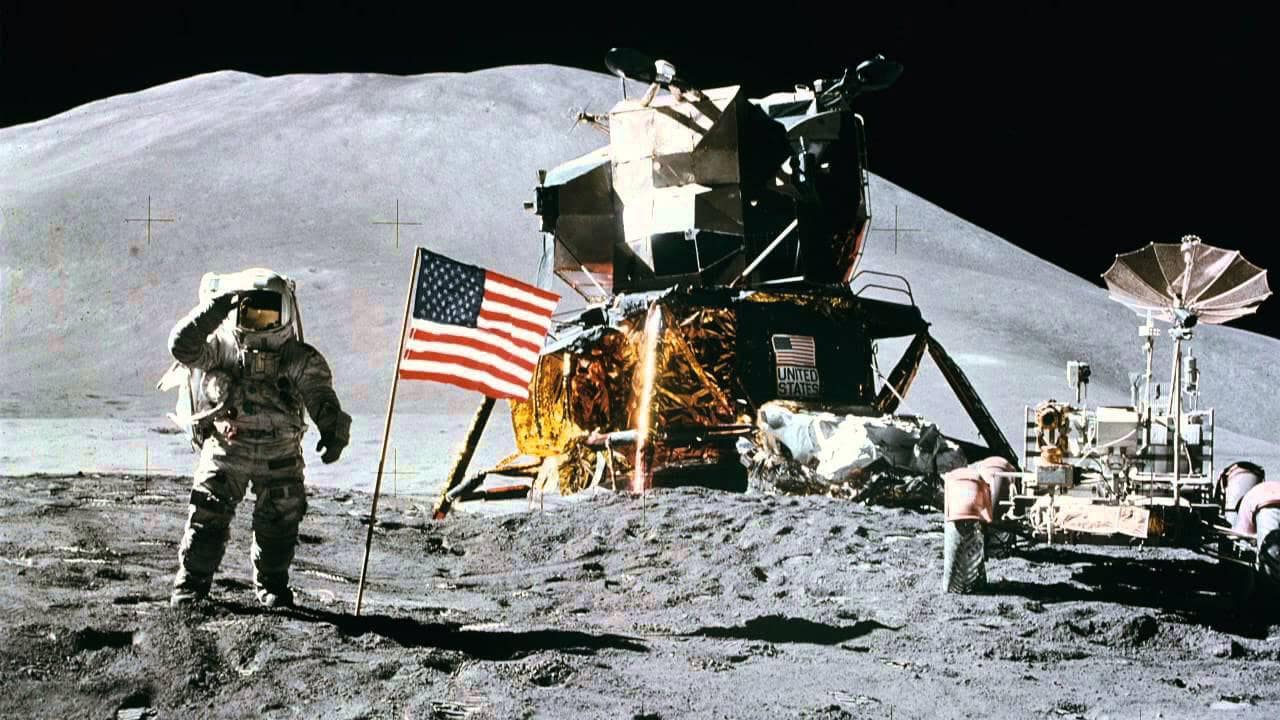
Space Architectural Technology
3639 Cortez Rd. W, Suite 218, Bradenton, FL, 34210
941-417-0817
info@ksiedu.org
Degree:
Graduate Certificate
Delivery:
Online
Application Fee:
$150.00
Terms of Enrollment
Fall Term (September)
Spring Term (January)
Summer Term (May)
Application Requirements
- A Bachelor’s Degree from a college or university accredited by the appropriate regional association with a minimum grade point average of 2.5 on a 4.0 scale or equivalent work experience in professional academic and/or government or private industry positions and achievements. Each applicant’s specific experience will be evaluated by the KSI Admissions Committee.
- Official transcripts from all previous universities or colleges attended or proof of work equivalent
- Three completed recommendation letters, Completion of application, and Application fee
Standardized Tests
- A Graduate Record Examination (GRE) revised General Test score or a Miller’s Analogy Test(MAT) score at or above the 50th percentile. The GRE or MAT requirement will be waived if an applicant has completed a Master’s degree or twelve or more credits of post- baccalaureate upper division or graduate coursework with a minimum grade point average of 3.0 on a 4.0 scale.
Special Instructions
Additionally, all international applicants whose native language is not English are required to take the Test of English as a Foreign Language (TOEFL) and submit a combined score of 550 or better (new scoring of 213 or better) or the Internet based test scoring of 80 or better. International transcripts are required to be translated if the grading and evaluation system used differs from those used by the United States education system. Official translation and a course- by-course evaluation from all prior institutions and grade-point average computation must be provided to the Office of Admissions. Please use one of the following services for evaluation.
World Educational Services 22 Prince St.
PMB 101
New York, NY 10012
Josef Silny & Associates
7101 SW 102 Ave.
Miami, FL 33173
KSI reserves the right to deny admissions to any prospective student for any reason/cause as determined by KSI. In the event of a denial of a request for admission a student may appeal to the admissions committee.
Tuition & Fees
Application Fee (one-time, nonrefundable) $150 Library Fee (each semester) $150
All Graduate Certificate Programs ($2,000/course) $8,000
All Master of Science Programs ($2,000/course) $24,000
Graduate Co-Op Program ($600 per semester for $1,800 maximum 3 terms for M.S. and maximum 1 term for
Graduate Certificates, non-refundable)
Graduation Fee Digital Graduate Certificate/Degree $100 only (one-time, non-refundable)
Graduation Fee Digital and Hardbound Graduate $250 Certificate/Degree (one-time, non-refundable)
The University reserves the right to adjust the above expenses at the beginning of each term.
Financial Support
Applicants to Kepler have access to a variety of funding options, including merit-based (i.e. based on your academic performance) and need-based (i.e. based on your financial situation) opportunities. View financial aid opportunities.
Space Architectural Technology
Students enrolled in this Certificate Program will study the theory and practice of designing and building inhabited environments in outer space. This program is designed to guide students through architectural design of humans living and working environments in space. Students will gain an understanding about designing these forms of architecture and the challenges to ensure and support safety, sustainability, habitability, reliability and crew efficiency, productivity and comfort in the context of extreme environments.
To successfully complete the program and earn the Graduate Certificate, students must fulfill all credit hour requirements, maintain a minimum GPA (as specified by the program) and meet any additional criteria set by the university or department.
Program Requirements
Choose any three of the courses listed below and one three-credit elective from any graduate program.
ARC 500: Mission Planning and Operations (3 credits)
This course will introduce students to the fundamental concepts of mission planning for various mission types and their impact on logistics and operations. Students examine drivers of habitat mass and volume requirements such as crew size, mission objectives and duration. They also consider evolutionary and adaptive planning for long term viability of space settlements, the effects of environmental factors with respect to safety, location, gravity and radiation, and explore active and passive methods of control and autonomy.
ARC 501: Advanced Habitat Design I (3 credits)
This course surveys the most advanced space architecture designs. Topics include, but not limited to: space vehicles, stations, habitats and lunar, planetary bases and manufacturing of infrastructure; free space structures, and space based and earth based control, experiment, launch, logistics, payload, and test facilities.
ARC 502: Advanced Habitat Design II (3 credits)
This course examines the principles and concepts of designing an analog on Earth. Students will incorporate the challenges faced by unique locations in space, and evaluate structures that replicate those environments, these may include extreme destinations such as: polar regions, airborne, desert, rugged terrain, high altitude, underground, undersea environments and closed ecological systems.
ARC 503: Independent Study – Space Architecture (3 credits)
Independent study courses are student initiated projects, open to Kepler Space Institute students, which allow students to work one-on-one with a faculty member. The student and supervising faculty member will develop a learning plan for the semester within the first week of term. Enrollment is limited.
